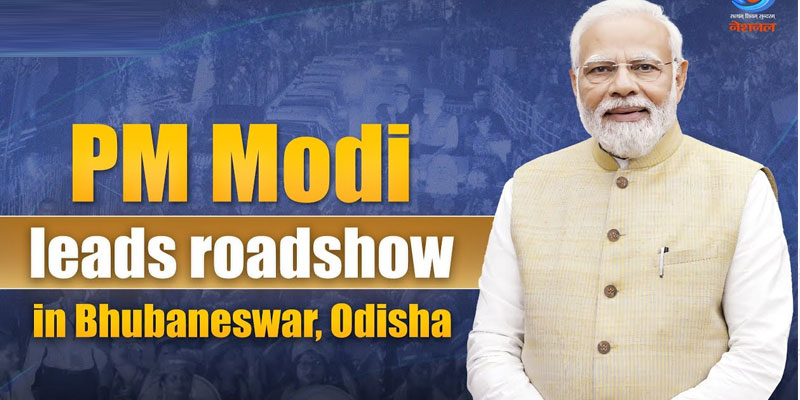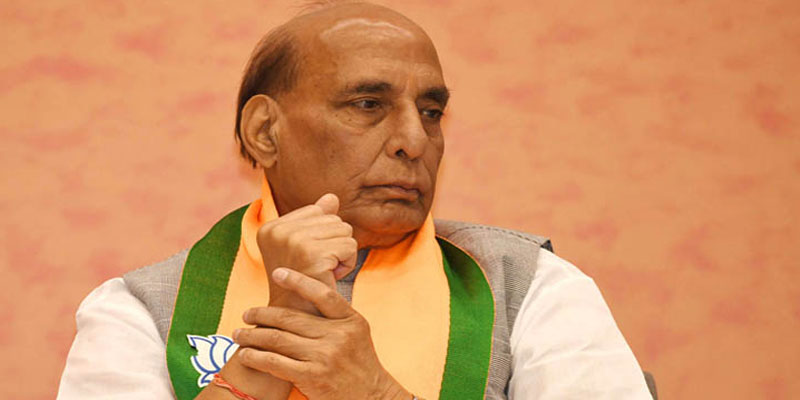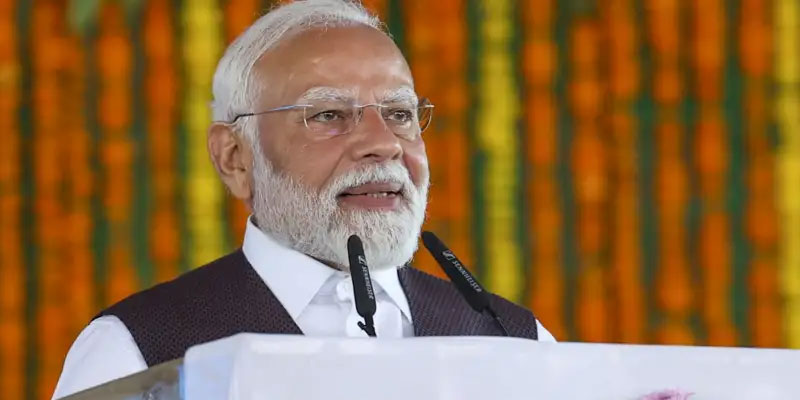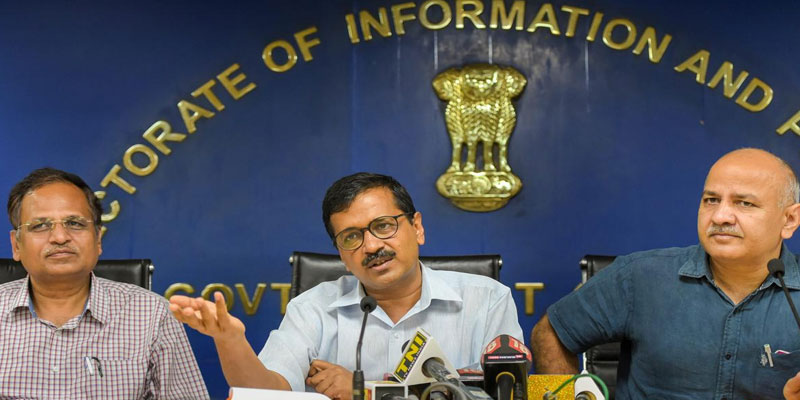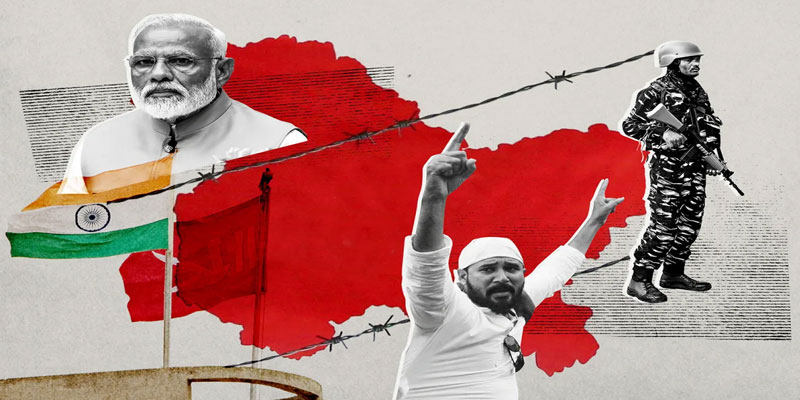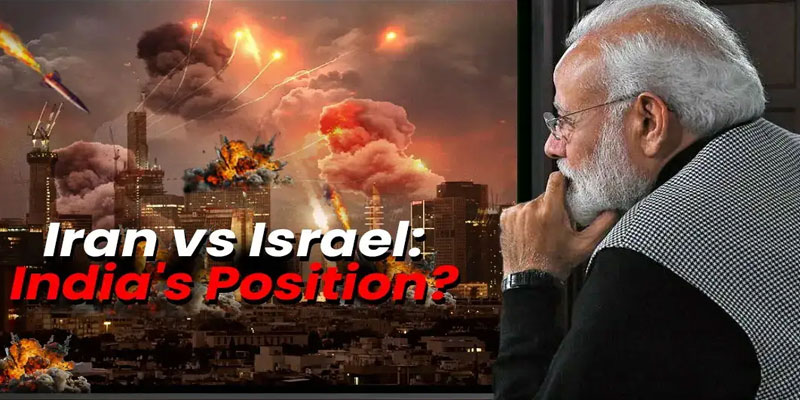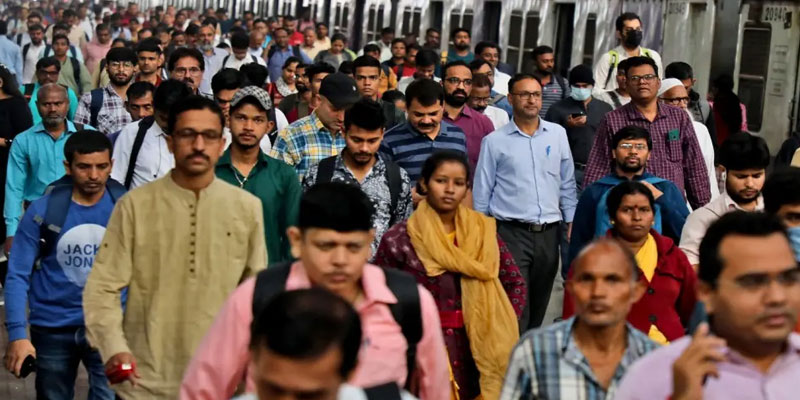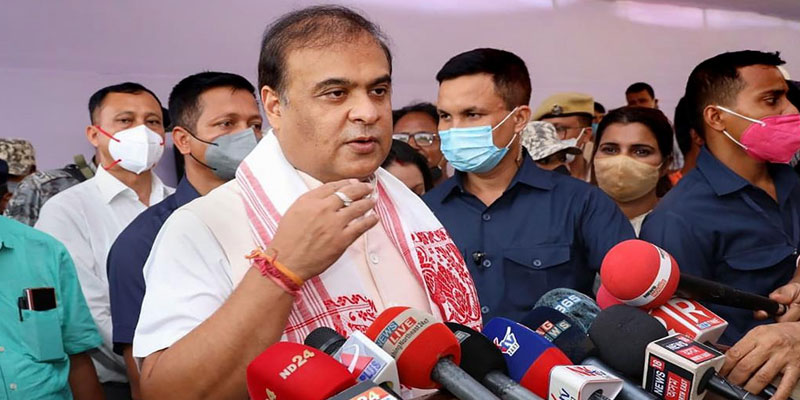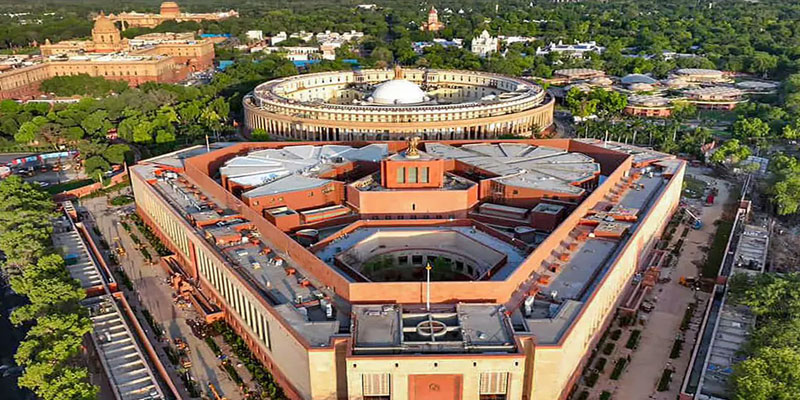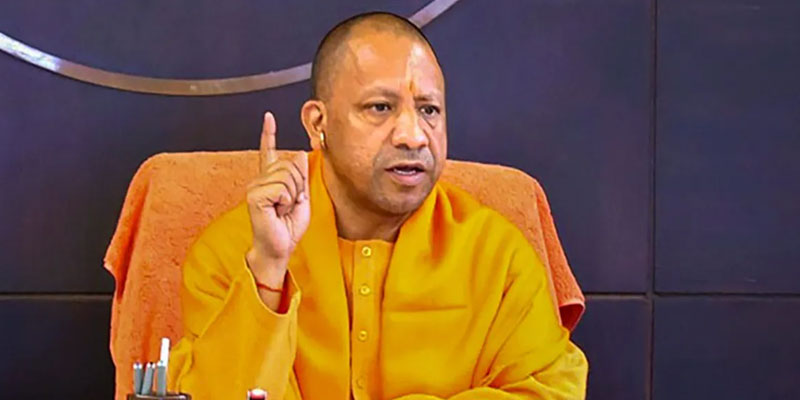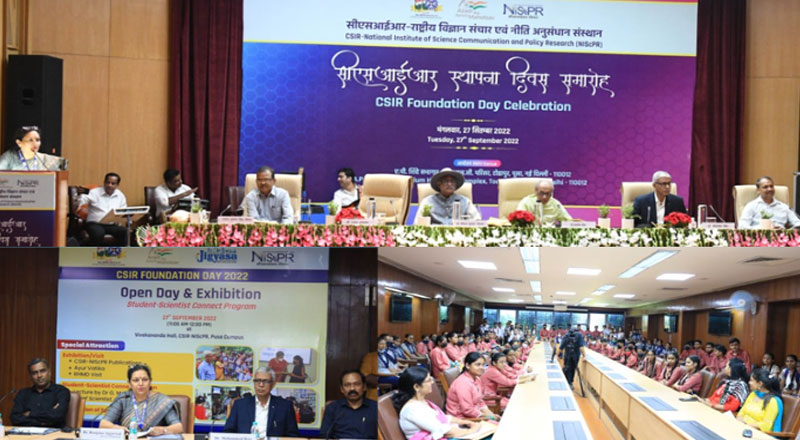India-Pakistan Tensions Reach Boiling Point
Tensions between India and Pakistan have surged dramatically following the deadly terror attack in Pahalgam, which India attributes to Pakistan-based militant groups. The aftermath has witnessed missile and drone exchanges, cross-border strikes, and rising diplomatic activity across global capitals. As both nuclear-armed neighbours confront each other militarily, the international community—including the US, China, and Saudi Arabia—is urging de-escalation to avoid further conflict.
Amid the intensifying situation, India’s External Affairs Minister S. Jaishankar held talks with US Secretary of State Marco Rubio, who appealed for calm and communication. However, Jaishankar made it clear that India’s posture is firm, responsible, and rooted in national security.
Global Diplomatic Push for De-escalation
The United States, Saudi Arabia, and China have all called for restraint, emphasizing the need to prevent miscalculation between the two countries. US Secretary of State Marco Rubio made back-to-back calls to both Indian EAM Dr. S. Jaishankar and Pakistan Army Chief General Asim Munir, urging both sides to maintain open communication and avoid an uncontrolled spiral into war.
Speaking on behalf of the US State Department, spokesperson Tammy Bruce said Rubio offered US support in facilitating “productive dialogue” to prevent future hostilities. This push for diplomacy comes amid mounting fears of regional destabilization and wider geopolitical consequences.
Saudi Arabia and China issued similar statements, calling on both India and Pakistan to show "maximum restraint" and "prioritize peace." China, in particular, emphasized the need for "dialogue over confrontation," given its own strategic ties with Islamabad and its growing economic interests in the region.
Jaishankar Holds Firm: India Will Not Tolerate Terror-Sponsored Provocations
Following his conversation with Rubio, Jaishankar took to social media platform X, saying:
“Had a conversation with US @SecRubio this morning. India’s approach has always been measured and responsible and remains so.”
While India is open to dialogue, Jaishankar’s tone reflected deep skepticism about Pakistan’s intentions. He reiterated that India’s strikes were in response to deliberate acts of cross-border terrorism and targeted provocations, including missile and drone attacks on strategic infrastructure.
India has consistently maintained that any peace process must be preceded by demonstrable action from Pakistan against terror groups operating from its soil. Without such steps, New Delhi sees de-escalation as not just premature but potentially dangerous, enabling future attacks.
The Ground Situation: Missiles, Drones, and Military Escalation
On the ground, the situation continues to deteriorate. For two consecutive nights, Pakistan has launched drone and missile attacks on Indian territory, targeting 26 locations across Jammu & Kashmir, Punjab, and Gujarat. These attacks were repelled by India’s advanced Air Defence Systems (ADS), with no significant damage reported.
In retaliation, India conducted precision strikes on four major Pakistani airbases—Nur Khan (Rawalpindi), Murid (Chakwal), Rafiqui (Shorkot), and another undisclosed location. Explosions were reported in Islamabad, Lahore, and other key cities, causing concern among Pakistani civilians and raising fears of broader conflict.
India also launched targeted operations in Pakistan-occupied Kashmir, including Neelam Valley and Sialkot, eliminating terrorist launchpads and drone units allegedly being used to carry out attacks on Indian soil.
Diplomacy May Be Alive, But India's Security Stance Is Non-Negotiable
While global diplomatic efforts to calm tensions are intensifying, India has sent a clear signal: it will not allow provocations by state-sponsored terror groups to go unanswered. Jaishankar’s communication with international leaders reflects a dual-track approach—engaging diplomatically while responding decisively on the ground.
As the situation unfolds, the path to peace lies not in calls for both sides to “show restraint,” but in holding accountable the actors responsible for triggering violence. India remains committed to regional stability—but only under conditions that respect its sovereignty, national security, and the safety of its citizens.
(With inputs from agencies)
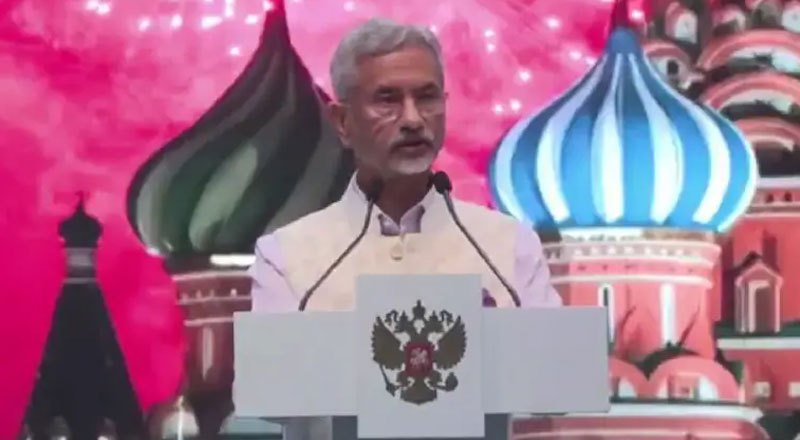
Politics



